Battle of Washita
-
Ships in 3 to 4 weeks
Details
Description
SKU: CN.10041
Composed by Gary Gackstatter. Band Music. Score only. Duration 9:00. Published by C. Alan Publications (CN.10041).Depicting a famous battle between Custer and a Cheyenne Indian village, this work captures the anguish of the conflict. A haunting saxophone solo calls to the dawn to be interrupted by the soldiers invading the village and the battle begins. Chaos ensues with cued entrances in each section until players are "battling" for musical space. The saxophone returns at the conclusion to the march the prisoner's home.
1. Dawn 2. The Battle 3. The Horses 4. The Prisoner's March Home At daybreak after a 3-day blizzard, November 27th, 1868, the 7th Regiment of the U.S. Calvary, commanded by Lt. Col. George Armstrong Custer, attacked and massacred a Cheyenne village on the banks of the Washita River in central Oklahoma, then Indian territory. During the battle, in which the troops killed more than 100 men, women, and children, burned the village, then slaughtered 850 horses, and Custer's military band played his favorite march, 'Garry Owen' on their frozen instruments. It was later found that the Cheyenne village was led by Black Kettle, a well-known chief, who worked all his life for peace with the whites, even signing peace treaties at Medicine Ledge. He and his wife were found face down, shot in the back, lying in the river. Custer was proclaimed a hero after this, the only 'Indian' battle he ever won. 'Gary Gackstatter.
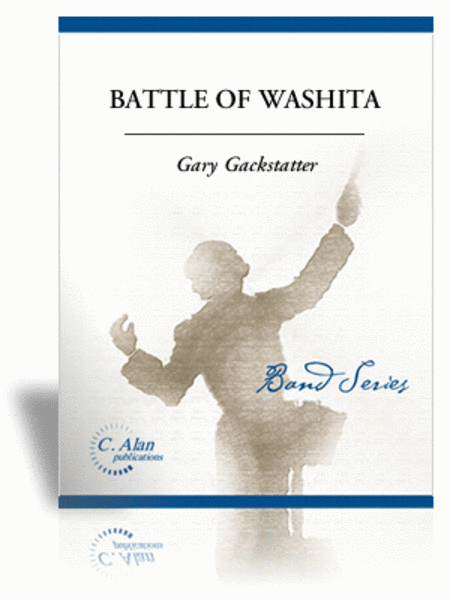
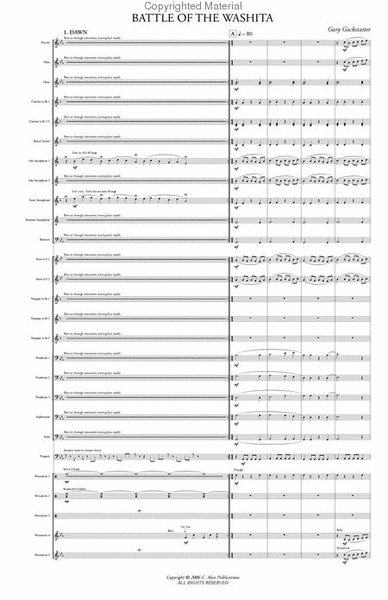
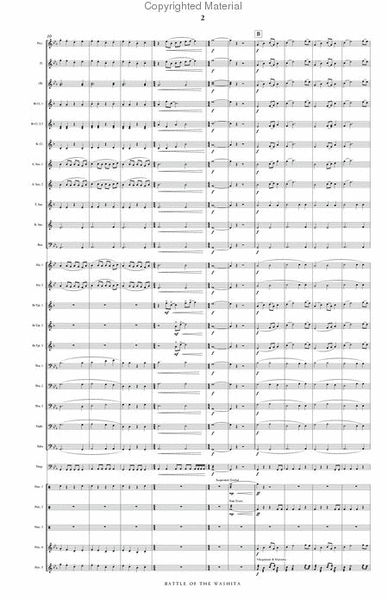
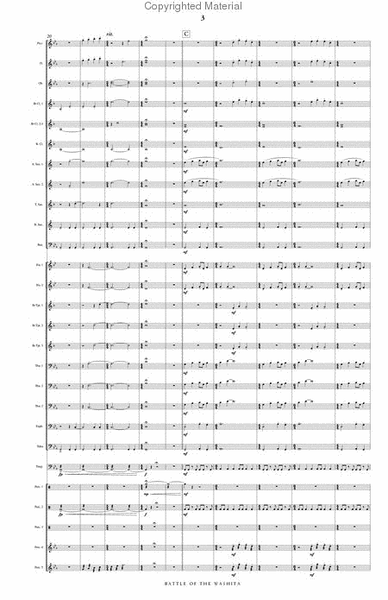
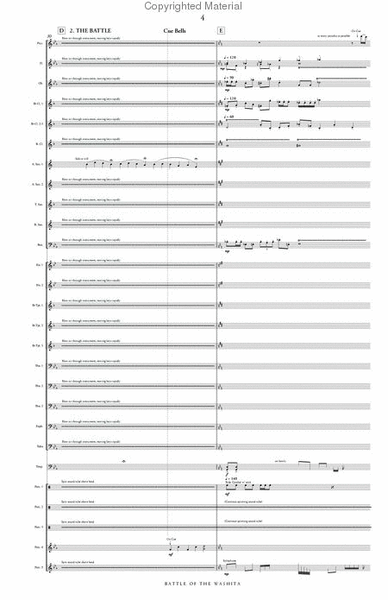
 Share
Share